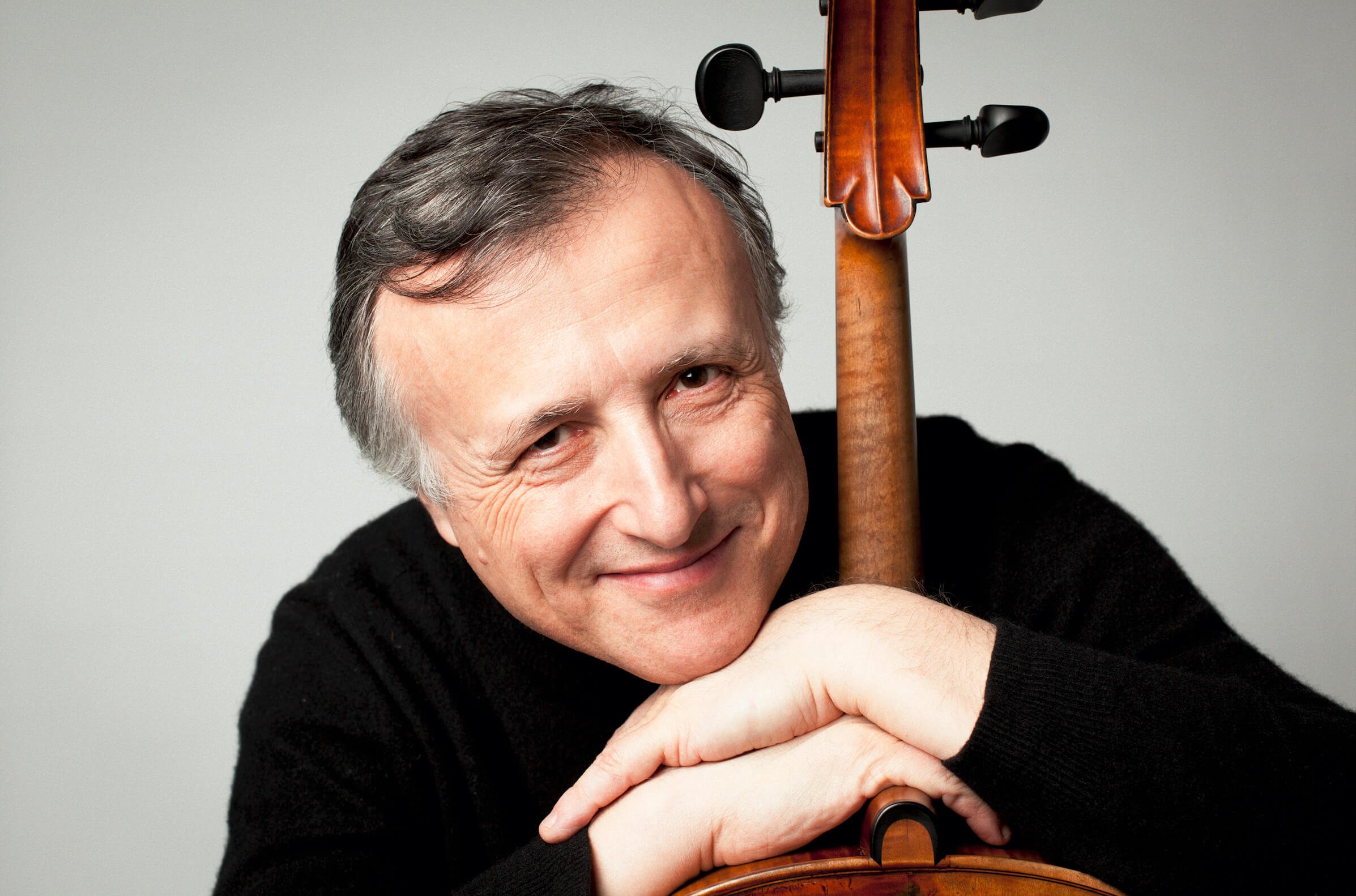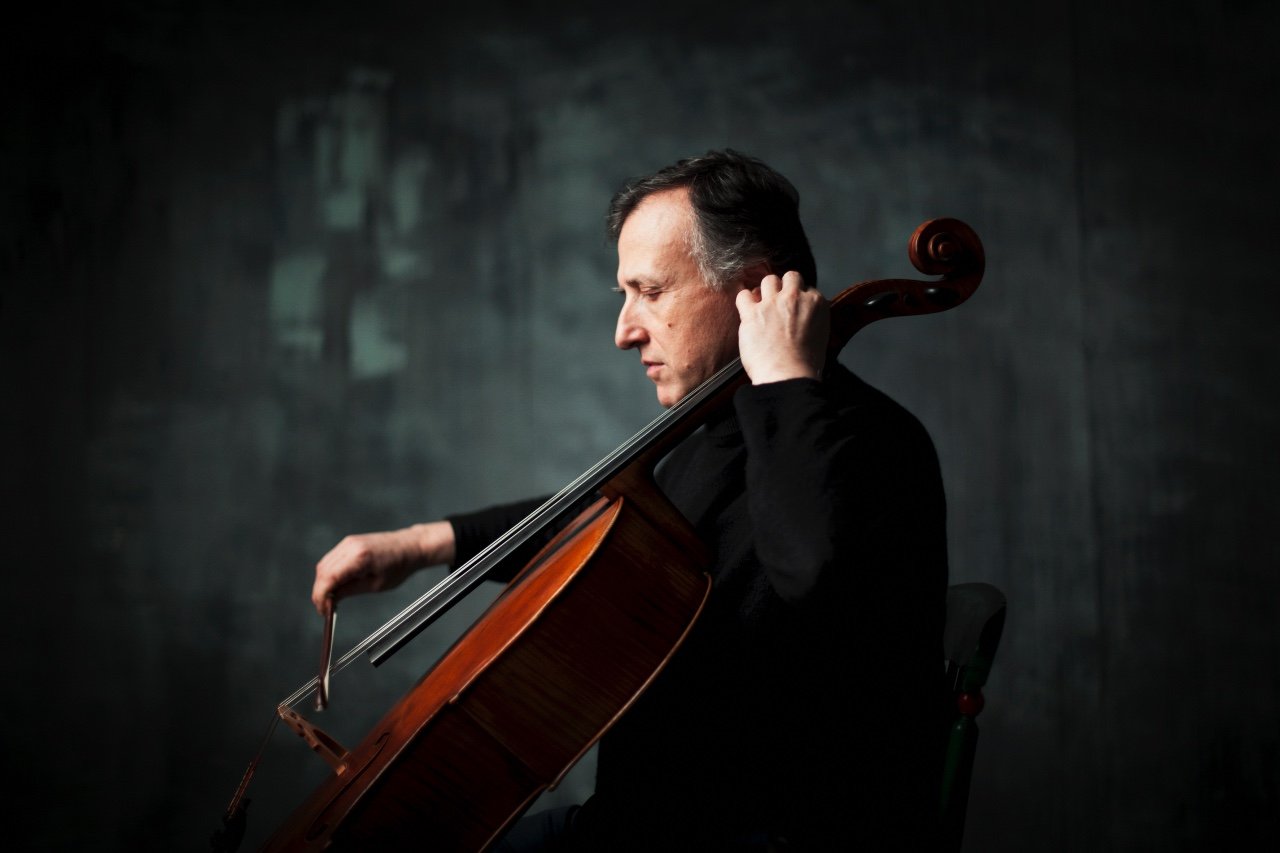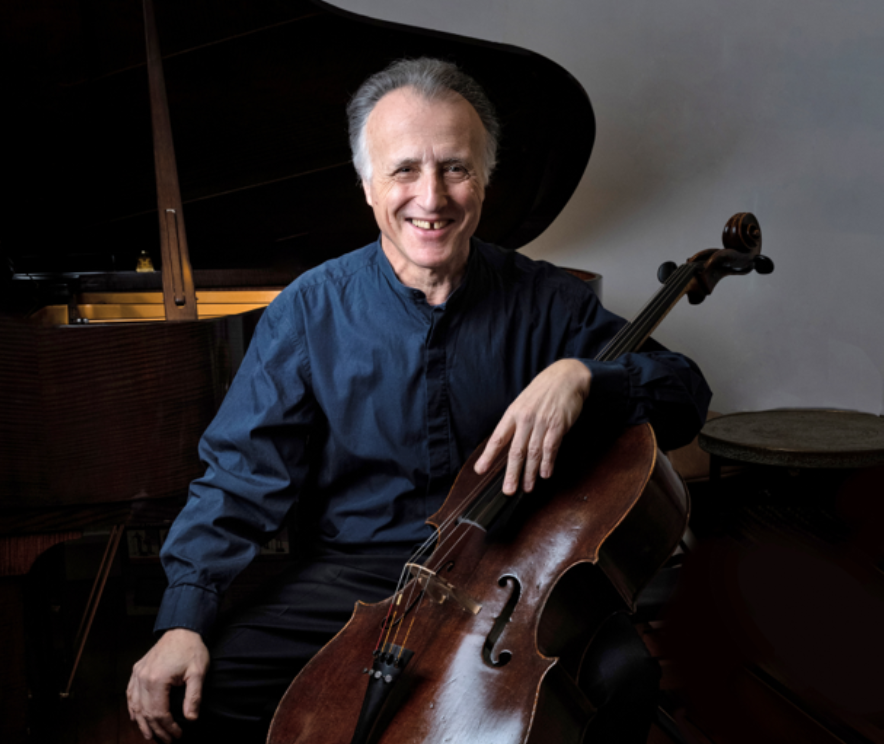Raphael Wallfisch - Cello
“Has anyone recorded as much and always with such acumen and communicative success?”




Raphael Wallfisch is one of the greatest cellists of our time. With a discography of over 70 discs Raphael is one of the most recorded classical artists in the world. A BBC survey named Wallfisch’s recording of the Dvorak Cello Concerto the best recording of the work in the past 25 years. With concert appearances around the world, Wallfisch is at the height of his powers with a masterful technique and a soaring, singing sound that evokes a tradition continued from his teacher, Piatigorsky. Raphael Wallfisch has been at the forefront of playing and commissioning new works by contemporary composers, working with Sir Peter Maxwell Davies, Kenneth Leighton, James MacMillan, Rodion Schedrin, John Tavener and many others.
Excerpt from The Royal Ballet production of ELIZABETH, Raphael Wallfisch
“Any more compellingly idiomatic or richly seasoned cello playing than this would be hard to contemplate”
Review - The Strad, February 2017
There was no lack of personality about Raphael Wallfisch’s commanding interpretation of Elgar’s Cello concerto. Wallfisch clearly had the LPO leader on side in a reading that eschewed the stereotype of Jacqueline du Pré ’s impassioned approach to the work in favour of something more meditative, though never disengaged. The famous Adagio was mellow and songful without undue recourse to pathos. The finale began with crisp and spry intent from the orchestra, and Wallfisch sustained his line with ever more urgent expression, flowing naturally into a heartfelt but not heart-on-sleeve cadenza (Royal Festival Hall, London Philharmonic Orchestra, Osmo Vänskä)
Review - MusicWeb International, Jan 2017
‘If you like the music of Frederick Delius I can pretty much guarantee you’ll be seduced by a saunter through the rhapsodic landscape of the Elegie für orchester mit violoncello principale, by Bernard Van Dieren. Raphael Wallfisch proves himself a persuasive advocate of this luscious score, eloquently contouring the ebb and flow of its organic narrative, whilst savouring its chromatic lyricism’